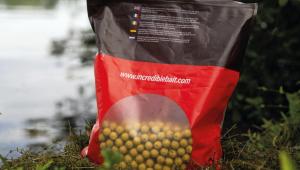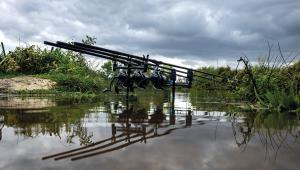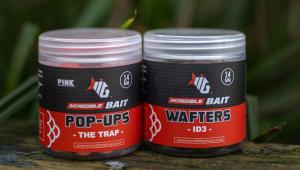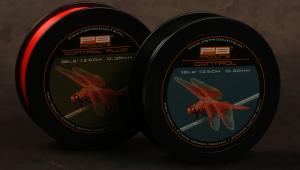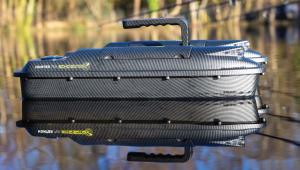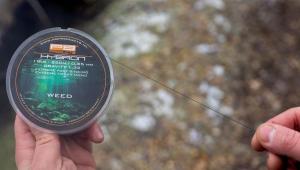Government Ban Invasive Plant Species!
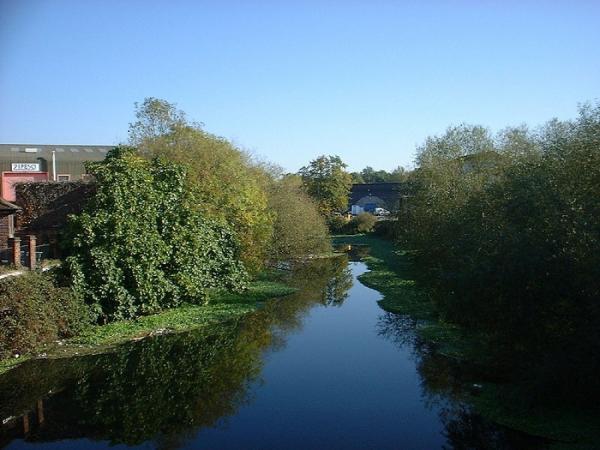
New laws effect five aquatic plants.
Five varieties of non-native, aquatic plants are to be banned from being sold in the UK, the government has announced.
It is hoped that the ban will help protect vulnerable aquatic habitats – saving the UK economy £1.7 billion per year.
Coming into force in April 2014, the blanket ban will cover water fern, parrot's feather, floating pennywort, water primrose and Australian swamp stonecrop.
Environment Minister, Richard Benyon explained "Tough laws to curb the sale of these plants could save the country millions of pounds as well as protecting wildlife such as fish and native plants.”
Governement body, Defra explained that the plants listed in the ban have been sold and planted in garden ponds but have escaped into the wild taking, overwhelming native species.
Because the plants had no natural controls in the habitat, there was little to limit the spread of the plants. As a result, the plants formed dense mats in water, depleting oxygen and light availability – and ultimately killing the fish present in the water.
Chris John, national ecologist at the Canal & River Trust, described the ban as the correct decision. "Our waterways are unique wildlife corridors, home to huge variety of animals and plants, to which non-native invasives can cause all sorts of problems. They grow rapidly, choking up canals and rivers, which affects some of our best wildlife spots and creates problems with navigation.”
The ban means that all retailers will now have to stop selling these plants or face a fine of up to £5,000 and possibly up to six months in prison.
The new laws will come into force next spring, in order to give retailers enough notice to conform to the new measures and identify and stock alternative plants.
Five varieties of non-native, aquatic plants are to be banned from being sold in the UK, the government has announced.
It is hoped that the ban will help protect vulnerable aquatic habitats – saving the UK economy £1.7 billion per year.
Coming into force in April 2014, the blanket ban will cover water fern, parrot's feather, floating pennywort, water primrose and Australian swamp stonecrop.
Environment Minister, Richard Benyon explained "Tough laws to curb the sale of these plants could save the country millions of pounds as well as protecting wildlife such as fish and native plants.”
Governement body, Defra explained that the plants listed in the ban have been sold and planted in garden ponds but have escaped into the wild taking, overwhelming native species.
Because the plants had no natural controls in the habitat, there was little to limit the spread of the plants. As a result, the plants formed dense mats in water, depleting oxygen and light availability – and ultimately killing the fish present in the water.
Chris John, national ecologist at the Canal & River Trust, described the ban as the correct decision. "Our waterways are unique wildlife corridors, home to huge variety of animals and plants, to which non-native invasives can cause all sorts of problems. They grow rapidly, choking up canals and rivers, which affects some of our best wildlife spots and creates problems with navigation.”
The ban means that all retailers will now have to stop selling these plants or face a fine of up to £5,000 and possibly up to six months in prison.
The new laws will come into force next spring, in order to give retailers enough notice to conform to the new measures and identify and stock alternative plants.
- Log in or register to post comments
LATEST VIDEO
Subscriber Area
